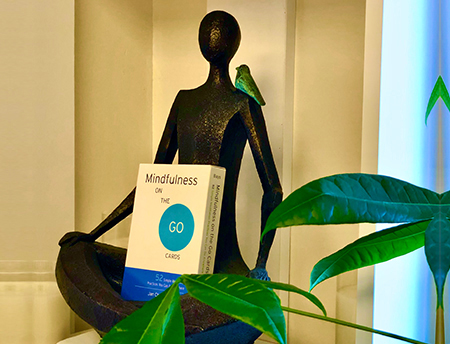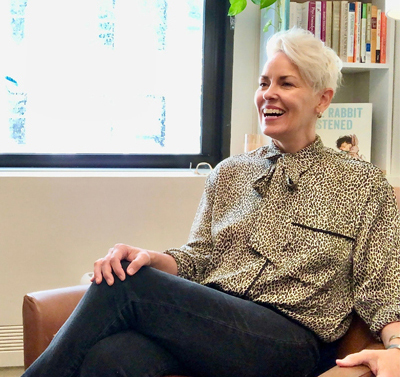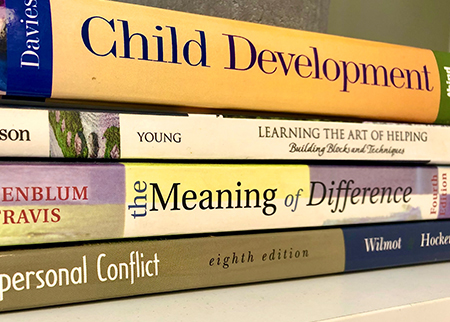Evidence-based Therapy
In today’s modern world…
We rely on science and research to drive decisions that affect our health and well-being. Therapy is no different.
At Sentient Psychotherapy, you can be sure that the treatment you receive to reduce your suffering and elevate your quality of life is based on EVIDENCE.
We’ll help you create meaningful growth and change by combining the proven effectiveness of mindfulness-based therapy with our core values of commitment, compassion, and connection.
Mindfulness
“Mindfulness is the basic human ability to be fully present, aware of where we are and what we’re doing, and not overly reactive or overwhelmed by what’s going on around us.”–mindful.org

When you develop and practice this skill, you can reduce stress, anxiety, depression, and addiction. It also helps alleviate chronic pain, improve relationship quality, and increase your capacity to manage life’s difficulties.
Mindfulness can be enhanced with meditation, but meditation is not required to access awareness; it is always present, waiting for you to tune in.
Weaving mindfulness into therapy gives you an invaluable tool to free you from habitual, unhelpful thoughts and beliefs.
Learning new behaviors (like learning anything!) takes commitment and practice. The more you practice between sessions, the easier it gets. And don’t worry… we’ll guide you every step of the way.
Commitment
Our value of commitment is rooted in Acceptance and Commitment Therapy (ACT). ACT is a mindfulness- and evidence-based therapy that improves lives.
Study after study proves the effectiveness of ACT in helping with relationships, trauma, anxiety, depression, addiction, chronic pain, OCD, and anger.

Change requires a courageous commitment to a fresh approach; to actually do things differently in both your inner and outer worlds.
Inwardly, you will learn to observe and accept your thoughts and feelings rather than fighting with them. With acceptance, you reduce inner conflict and increase your energy.
Outwardly, you will learn to identify and clarify your values, and what matters to you most. In ACT, values are not abstract concepts. Values are the map that guides your actions in all areas of your life, so every moment of your day becomes more purposeful.
The key to a rich, meaningful life is committing to your values instead of allowing impulsivity or avoidance to drive your behavior.
 Compassion
Compassion
Compassion isn’t just a warm and fuzzy abstract concept.
Compassion is a way of relating to ourselves and others that is proven to reduce suffering and improve physical and psychological well-being.
According to Dr. Kristin Neff, self-compassion involves three steps:
- Acknowledging your suffering and sending kindness, rather than judgment, toward yourself
- Recognizing that suffering is universal and you are not alone
- Remaining mindfully aware of your suffering (rather than suppressing or exaggerating it)
Modeling and teaching compassion in response to your life challenges is a powerful therapeutic tool that underpins all our work with clients.
Whether you’re coping with identity or multicultural issues, relationship problems, shame, guilt, loneliness, lack of motivation, body image, loss, grief, or perfectionism, compassion can help.
 Connection
Connection
Research shows success in therapy is based more on the quality of the relationship between you and your therapist than the kind of therapy used.
As social creatures who long for safe, open connections with each other, too many of us live feeling cut off from ourselves and others.
Our value of connection is rooted in Attachment Theory and Relational-Cultural Theory. We understand that early childhood relationships and cultural influences shape how we feel about ourselves and others as adults.
We all benefit from feeling safe, secure, seen, and known by a warm and caring person.
Our Sentient Psychotherapists are available and ready to connect.
Call us now to begin evidence-based therapy today: (646) 586-3311.

 Compassion
Compassion Connection
Connection